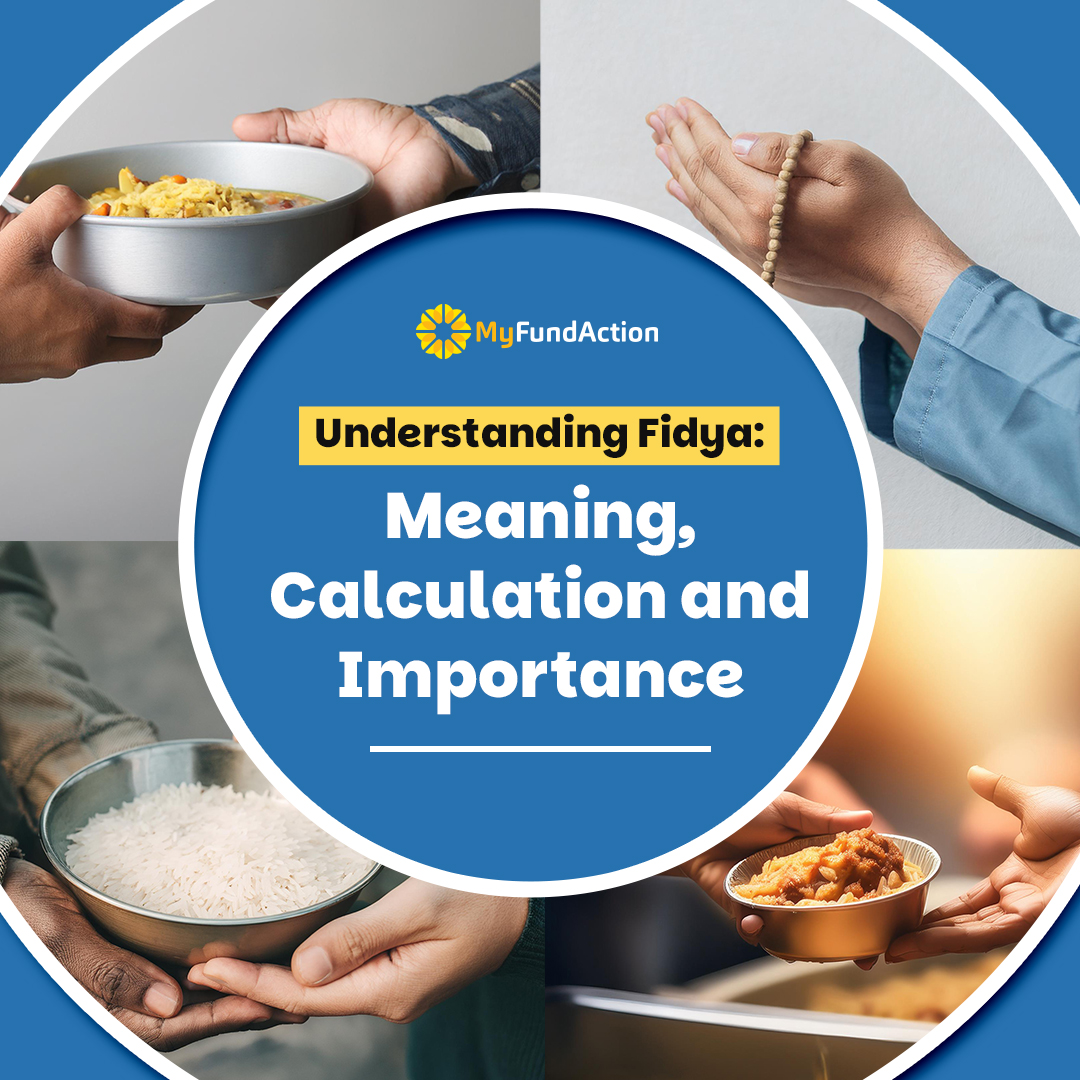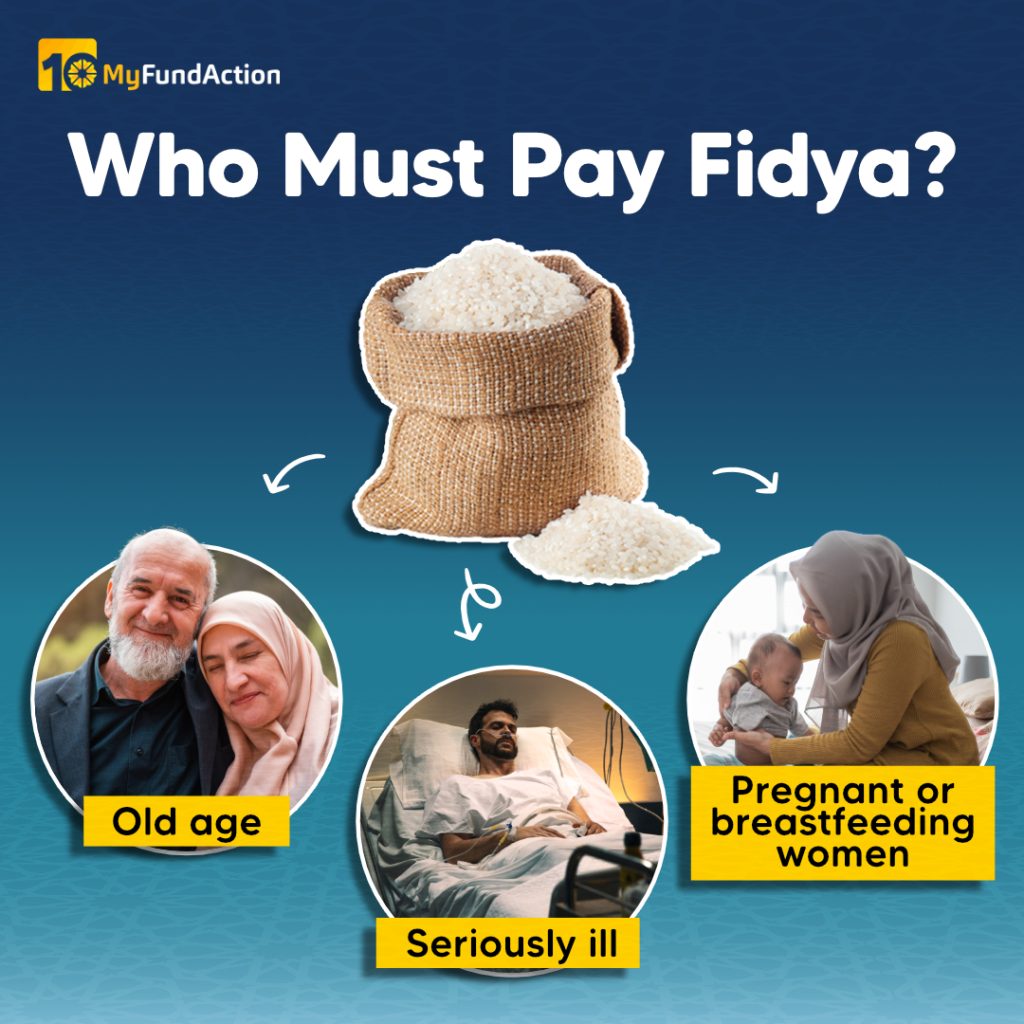
Fidya is one of the solutions to make up for missed fasting days in Ramadan. However, Muslims can do it only if they meet certain conditions.
To avoid making mistakes, this article will explain everything there is to know about fidya so you can perform this religious act correctly.
Fidya is a form of compensation in Islam that Muslims have to pay if they miss a day of fasting during Ramadan.
Paying fidya means you have to give money or food to those in need based on the number of fasting days you have missed.
The more days you miss, the bigger the compensation you have to give.
It is mentioned in a verse in the Quran that says:
For those who are capable of fasting (but still do not fast) there is a redemption: feeding a needy man for each day missed. Whoever voluntarily does more good than is required, will find it better for him; and that you should fast is better for you, if you only know. (Qur’an 2:184)
In a way, it acts as some kind of fine because observing fast during Ramadan is compulsory for mukallaf Muslims (someone who has reached puberty and has full responsibility under Islamic law).
However, fidya also signifies Islam’s call for mercy and flexibility in religious practices.
Muslims can pay fidya before Ramadan if they know they won’t be able to fast for the entire month. In this situation, they need to pay fidya for 30 missed fasts.
They can also pay fidya during Ramadan if they find out that they can’t keep fasting due to their conditions. If that is the case, they ought to do it as soon as possible, preferably after the sun rises every day.
However, if you find out that you are unable to fast in the middle of Ramadan, it is better for you to pay fidya during the month or paying right after Fajr (dawn) every day is also allowed. This addition provides flexibility in fulfilling the obligation if one is unable to fast. For this, you only have to pay fidya for the number of days you will miss.
What if a Muslim wants to make up for missed fasts after Ramadan but it turns out they can’t do it? Don’t worry, it is also permissible for them to pay fidya after the fasting month.
Fidya is only applicable to Muslims who miss fasting days in Ramadan but can’t make up for them later on due to certain conditions, including:

Specifically pregnant and nursing women, they have the option to pay fidya if they fear that fasting might affect their children. That being said, it is still permissible for them to fast or make up for the skipped fasts later if they are okay with it.
But if you don’t have one of those conditions, you can’t choose fidya. You must make up for the missed fasting days in Ramadan by actually fasting for the same amount of time afterward.
The poor and the needy are the main recipients of fidya, especially the ones who live around you.
The poor (Al Fuqara’) is a person who can hardly sustain his or her life on their own and has little to no possessions at all.
On the other hand, the needy (Al Masakeen) is a person who can fulfill half of their needs but struggle to make ends meet.